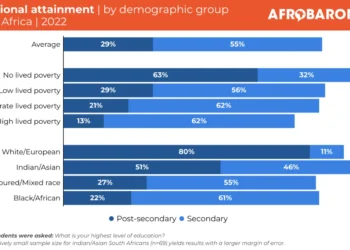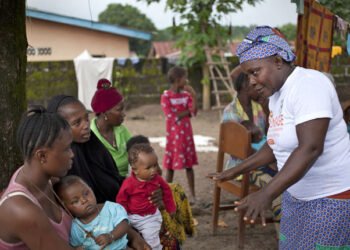It’s been three years since the epochal lockdown and as much as there have been claims that everything is back to normal now, it is clear just as we mark our calendars BC and AD that there is now a pre-covid and post-covid era. Yes, we stop wearing masks and maybe back to our less religious habit of not sanitising our hands every five minutes as we did during covid, a lot of things aren’t normal.
There is now a work type called hybrid work where one works at home for some days and at the office for the rest of the week and remote work is now popular and increasingly becoming the order of the day. People are now between a rock and a hard place when it comes to using technology as it has become the air of work…and learning.
While governments around the world did their best to ensure learning continued during the lockdown, what we observed was that across all the nations, developed and others, no one was prepared for COVID, and in Africa, where most of the countries treat education like an afterthought, planning through COVID was arduous as these countries were already trying to salvage an already dilapidated education sector. Even though we claim that learning as we know it is back to normal, we have to look at the implications COVID left in its trail in the education system. According to the African Center for Economic Transformation (ACET), these developing countries such as those in Sub-Saharan Africa were forced to make difficult fiscal trade-offs between sectors of the economy that require a higher share of limited resources and sectors that pose less contiguous socioeconomic risks in other words health system versus education.
Subscribe To Unlimited Premium Digest.
This is premium content. Subscribe or Login to read the entire article.
Subscribe
Gain access to all our Premium contents.More than 1,000+ Articles, News, & Scholarships.






































































 EduTimes Africa, a product of Education Times Africa, is a magazine publication that aims to lend its support to close the yawning gap in Africa's educational development.
EduTimes Africa, a product of Education Times Africa, is a magazine publication that aims to lend its support to close the yawning gap in Africa's educational development.

